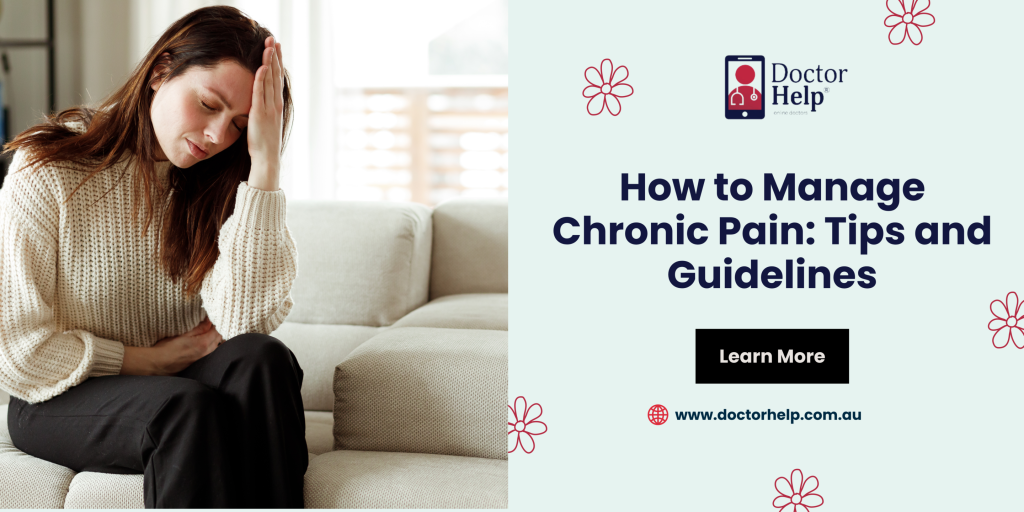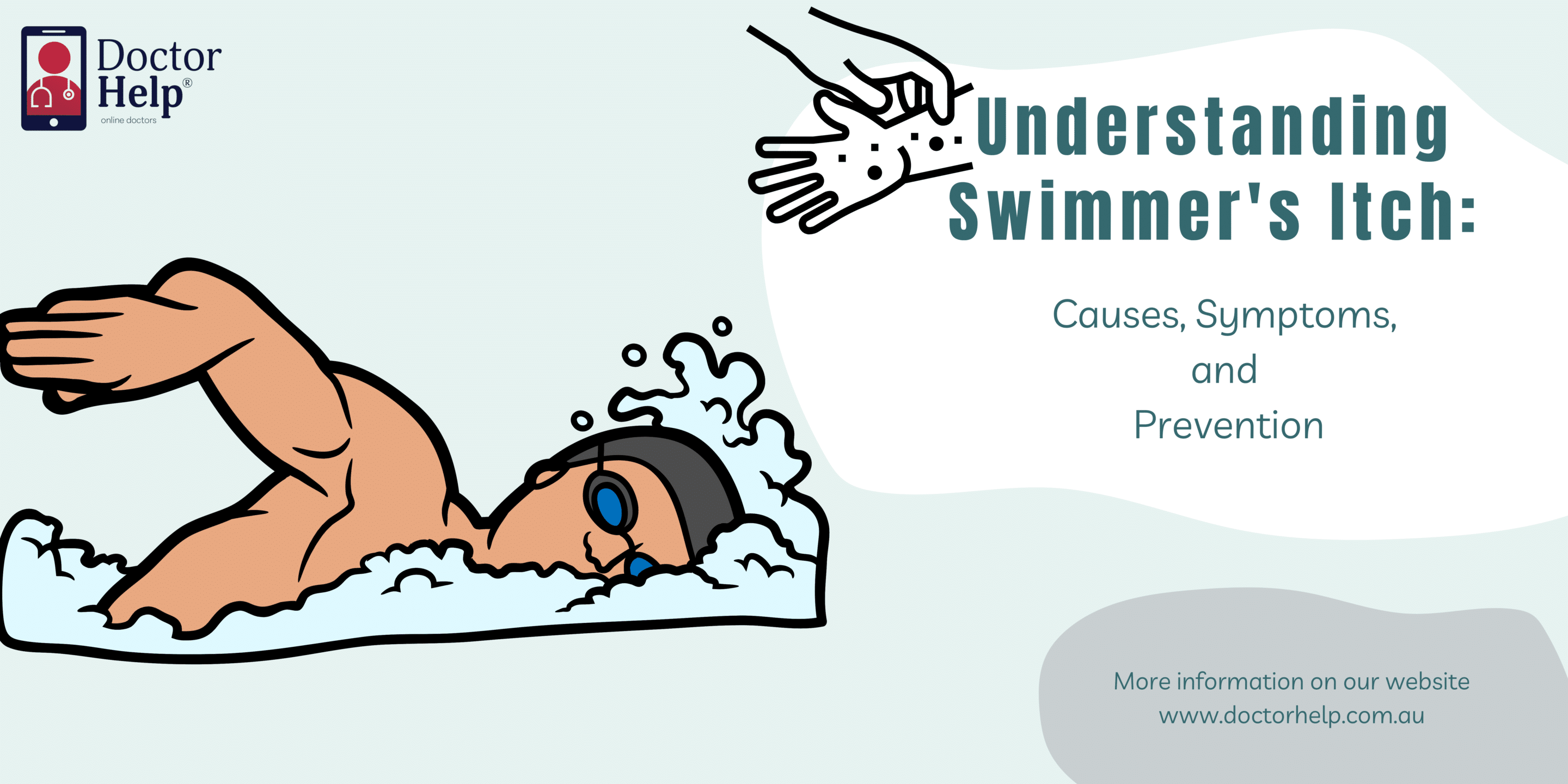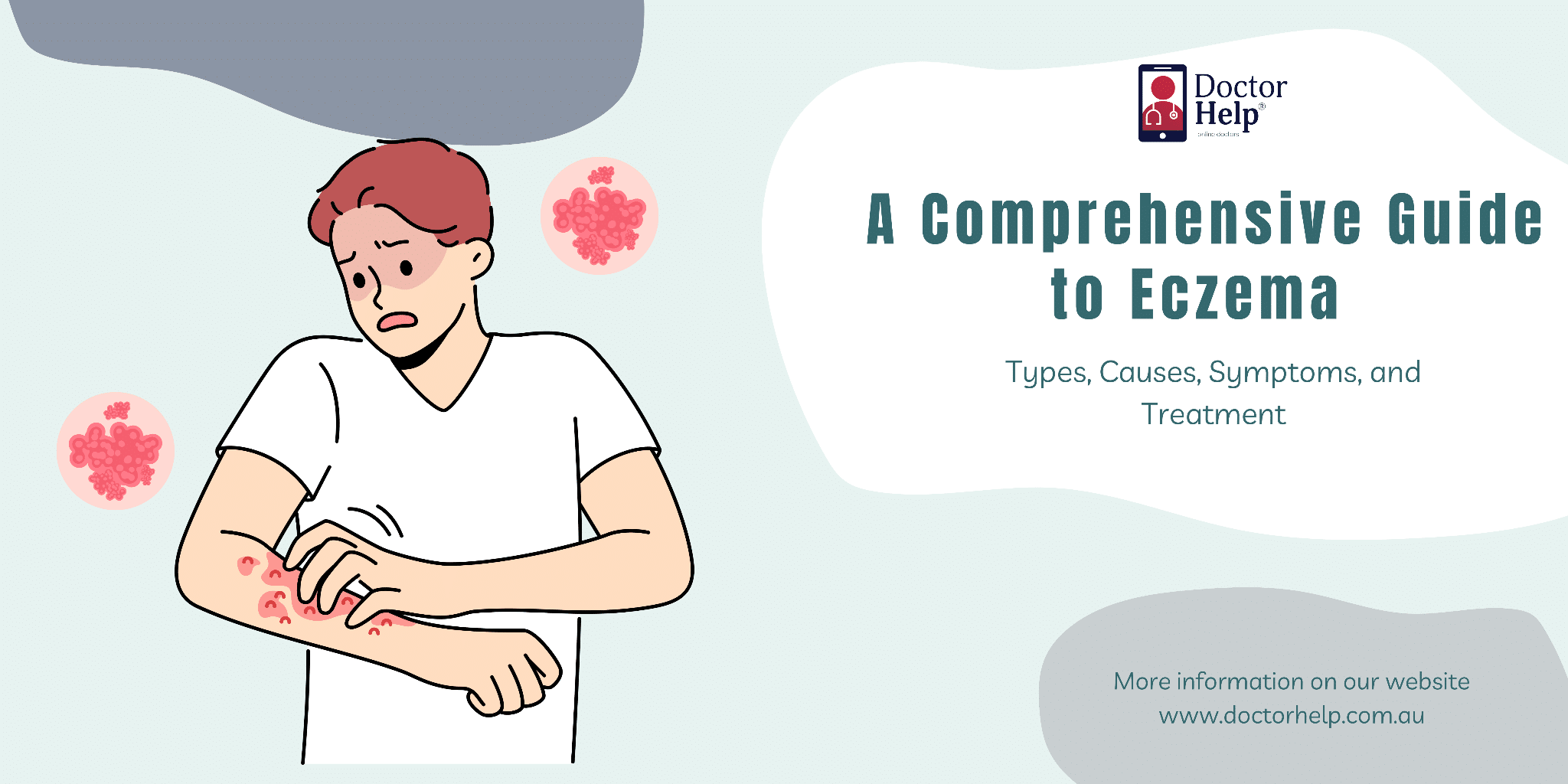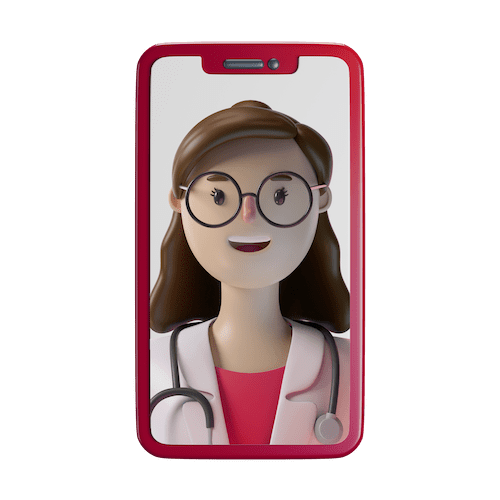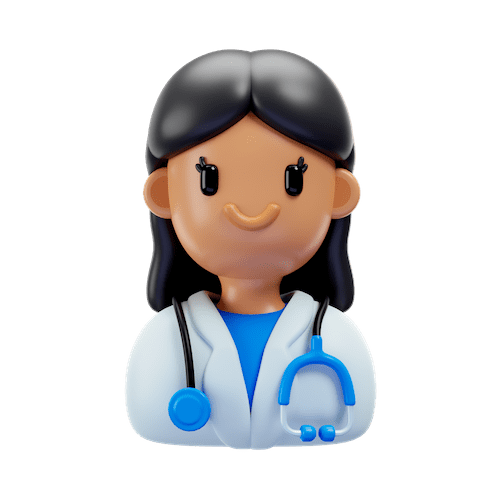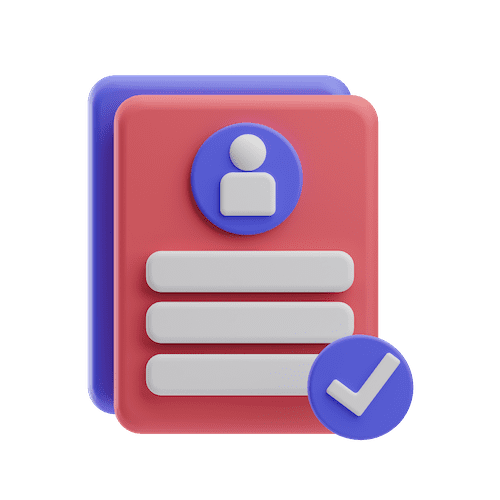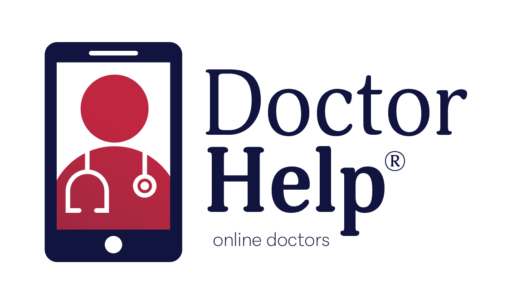Table of Contents
Chronic pain is a topic that usually doesn’t get enough attention. According to the Health Direct Chronic pain can get intense and managing it could be a challenge especially when you are on your own. There are different strategies and methods to manage chronic pain and these strategies vary as per the individual need and requirements. If you combine several physical, social and mental well-being methods they can be very useful in chronic pain management There are few medicines prescribed to support and manage chronic pain, although Opioids are not recommended for chronic non-cancer pain.
Chronic pain is a persistent ache, continuous sting or vibration that is there for longer periods once it begins. This can make your routine life very tough, more like an uphill battle. It could be anywhere, joints, back, head or any other body part, but be sure that it does exist and it’s not just in your head!
Which parts of the body can suffer Chronic pain?
This type of condition can strike anywhere in the body. Some of the most usual parts include,
Back: Lower back pain from an old injury or due to screen time neck pain
Joints: Arthritis or old sports injury could become the cause of chronic joint pain
Head: Migraines and unwelcomed yet frequent tension headaches.
Cause of Pain
The development of chronic pain could be due to many factors. It could be the result of an injury that we not healed properly. Sometimes few underlying conditions like nerve damage, fibromyalgia & endometriosis or even mental health could become the cause of this type of pain.
Tips To Manage Chronic Pain
Chronic pain needs to be managed properly and there are many options apart from the medication to manage chronic pain.
⦁ Warmth can help relax muscles and improve blood flow, which may help manage chronic pain. Consider warm baths, showers, or using a hot water bottle.
⦁ For pain related to inflammation or acute injuries, cold therapy can be very effective. Ice packs, frozen vegetables, or a cool compress can provide relief.
⦁ While exercise might not seem appealing when you’re in pain, gentle activities like yoga, tai chi, or swimming can be beneficial. These activities improve flexibility, strengthen muscles, and release natural pain-relieving endorphins.
⦁ Stress can make chronic pain worse. Practising relaxation methods like meditation, deep breathing, or progressive muscle relaxation for just a few minutes a day can help.
⦁ Quality sleep is crucial for managing pain. Aim for 7-8 hours of restful sleep each night to help your body recover and better handle pain.
⦁ A balanced diet rich in anti-inflammatory foods, such as fruits, vegetables, whole grains, and healthy fats, can help reduce inflammation and ease discomfort.
⦁ Being present in the moment can change how your brain responds to pain. Focusing on your breath and sensations can be a powerful tool to manage chronic pain.
Available Therapy Options To Manage Chronic Pain
⦁ Physiotherapy:
Consider your physio as your trainer for chronic pain management. They will give you the proper exercise plan tailored as per the pain intensity and the body’s response to it.
This will surely help reduce the impact of the pain on the body and prevent further injury as well.
There are usually two types of techniques one is manual therapy with the hands to mobilize the joint and soft tissues, and the other one is through electrical stimulation.
Think of physical therapists as your trainers for pain management. They’ll assess your specific needs and create a customized exercise plan to improve strength, flexibility, and range of motion. This can help reduce pain, improve function, and prevent further injury. They might
⦁ CBT – Cognitive Behavioural Therapy: One point that needs to be highlighted is that chronic pain is not only physical, sometimes it’s due to stress and burnout as well. CBT breaks the cycle of negative thoughts, and many relaxation techniques might be useful for managing the pain.
Occupational Therapy: If you want to manage the pain through adaptation, then occupational therapists are the experts. They will work closely according to your routine making sure that there are energy consumption techniques available along with the devices to help you regulate your routine, making your environment more pain friendly.
Acupuncture: One of the ancient therapies inserting needles into specific points on the body. This is a painless procedure for most of the people. It is thought to stimulate the release of endorphins, or natural pain killers to help reduce inflammation. Some of the studies suggest its effectiveness in managing back pain, osteoarthritis, and headaches.
Massage: Massage therapy is a form of pain relief and for losing up the tight muscles from the stress, increasing the blood flow. Types of massage therapy including, Swedish massage, deep tissue massage, or myofascial release, could be beneficial for managing pain.
Biofeedback: This advanced therapy uses sensors to monitor physiological functions such as heart rate, muscle tension, and skin temperature. Through relaxation techniques and visual or auditory feedback, you can learn to control these functions, which can help reduce pain, manage stress, and enhance overall well-being.
Transcutaneous Electrical Nerve Stimulation (TENS): A TENS device delivers mild electrical impulses to the skin, which can help block pain signals and encourage the release of endorphins. It’s commonly used to manage pain from conditions like arthritis, back pain, and nerve pain.
Role of Medication in Managing the Chronic Pain
In a few cases, medication like OTC, over-the-counter medication, supplements or prescription medication can help manage chronic pain. It’s highly recommended to talk with the healthcare practitioner if you suffer any signs of chronic pain. You can also book a telehealth appointment to discuss the mild pain symptoms via Doctor Help.
Just keep in mind that you are not alone!
Living with chronic pain can be tough but you don’t have to be alone in this process. Make sure to tell your family and friends about this and join the support groups for encouragement. Make sure you talk to the healthcare providers to find the best solution for the chronic pain management. If stress is causing physical burnout a stress leave for 1-2 days could also help you get back to work more energetically.

